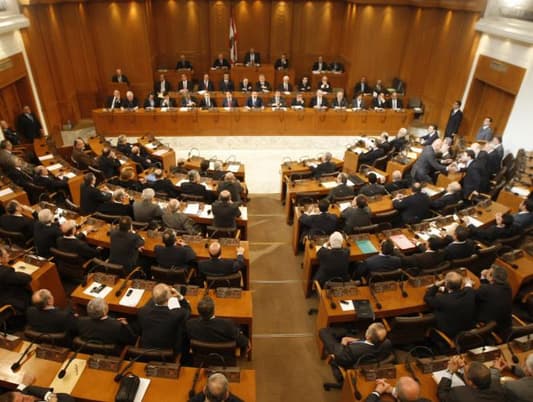Lebanon’s parliament approved the country’s first budget in more than a decade, restoring control over state finances and easing a long-standing political deadlock that has stifled development.
After three days of deliberations, 61 members of parliament voted to pass the budget while four voted against and eight abstained, state-run National News Agency reported late Thursday.
Parliament hasn’t passed a budget since 2005, a vacuum that led to unauthorized government spending and accusations of corruption. The passage of new legislation is the latest sign that governance is returning after the election of President Michel Aoun and appointment of Prime Minister Saad Hariri late last year, which eased political divisions and led to the approval of long-delayed laws, including new election rules and oil and gas decrees.
The budget includes 23.7 trillion Lebanese pounds ($15.7 billion) of spending this year, compared to 22.6 trillion pounds in 2016, according to the Finance Ministry. Revenue is expected at 16.38 trillion pounds, up from 14.96 trillion pounds, and the deficit is forecast to narrow to 7.28 trillion pounds from 7.45 trillion pounds. The budget also contains anti-corruption measures.
Lawmakers reaching an agreement on spending is a positive sign for investors, said Sami Nader, head of the Beirut-based Levant Institute for Strategic Affairs. “The more the country is heading toward good governance, the lower its risk,” he said.
The budget may also help unlock international funds aimed at helping Lebanon cope with the influx of 1.5 million refugees from neighboring Syria, where the civil war has weighed on Lebanon’s economy and forced the closing of trade routes. Growth is forecast to remain unchanged at 2 percent in 2017, according to the World Bank, with the ratio of debt to gross domestic product reaching 155 percent by the end of the year.






TWEET YOUR COMMENT